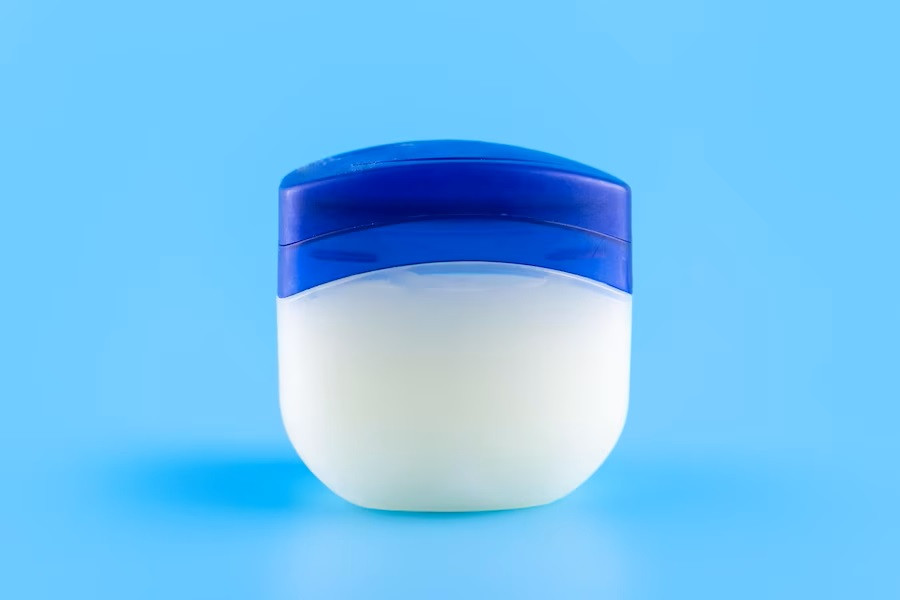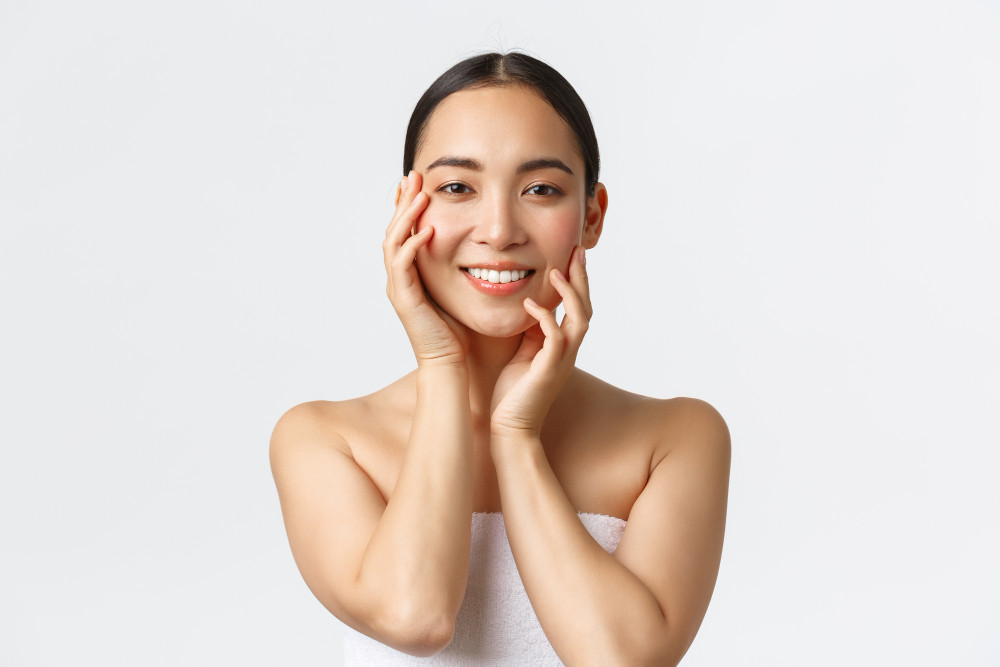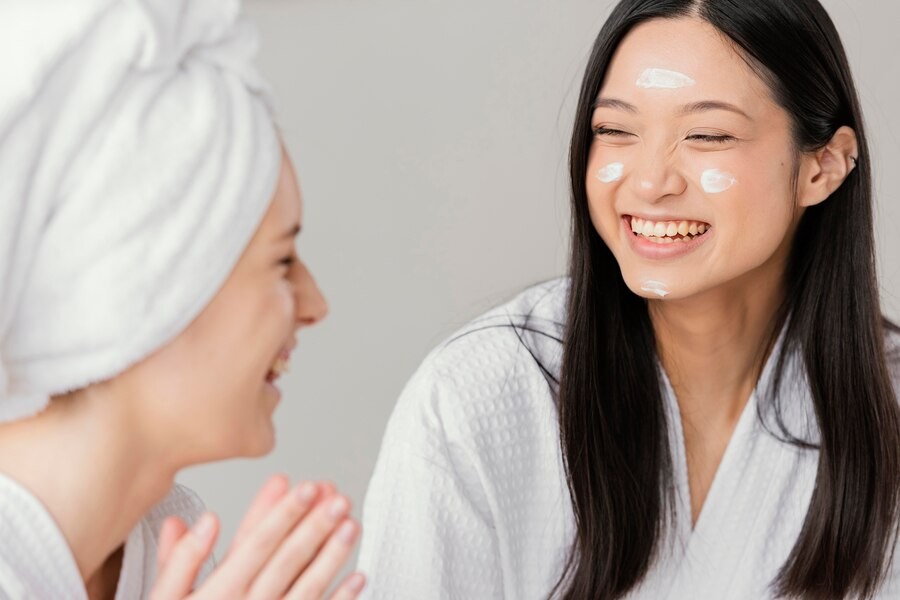Unbeknownst to many, we often spend extended periods in air-conditioned environments. Whether it's in the office, car, shopping malls, or even our bedrooms, the allure of these cooled spaces is undeniable. They provide respite from the heat, allowing us to go about our daily activities without discomfort. However, despite the comfort and coolness they offer, lingering in air-conditioned rooms can have various effects on our skin, hair, and eyes.
side effects of being in an air-conditioned room for too long
1. Sick building syndrome
If you work in an air-conditioned room with poor air circulation, then the air conditioner is at risk of deteriorating air quality. According to WebMD, this situation can cause sick-building syndrome, which is characterized by difficulty concentrating, dry cough, headaches, dizziness, and increased olfactory sensitivity. To overcome this, you can improve air circulation by opening windows, frequently changing AC filters, and covering coughs and sneezes so they don't spread to others.
2. Makes skin dry
air conditioner works by drawing in water vapor in the air, circulating it out, and replacing it with cold air. This process then causes the humidity in the room to decrease, making your skin prone to dryness. You may not realize it right away because dry skin rarely shows significant signs. But if your skin starts to feel dry, itchy, and reddens easily, then that's a sign of dry skin that you need to be aware of.
3. Triggers skin problems
Apart from dry skin, staying in an air-conditioned room can also cause other skin problems, such as eczema or psoriasis, to worsen. If you are in an air-conditioned room for a long time and find that your skin problems are getting worse, it is likely due to the decrease in air humidity in the room.
4. Dry the eyes
Being in an air-conditioned room can also cause dry eye syndrome or keratoconjunctivitis sicca. Dry eyes are caused by the evaporation of volatile tears. This condition can be characterized by red, swollen, and hot eyes. The eyes may also feel itchy, more sensitive to the sun, and have blurry vision.
5. Makes hair drier and fall out
In addition to impacting your skin and eyes, prolonged exposure to air-conditioned environments can lead to dryness in your hair. Optimal indoor humidity is crucial for maintaining healthy hair. Insufficient moisture in the room can result in moisture loss from the hair, leading to dryness and increased susceptibility to hair loss.
Tips for maintaining health if you spend a long time in an air-conditioned room
For those of you who often spend time in air-conditioned rooms, there are several ways you can try to keep your skin healthy and moisturized, including:
1. Use moisturizer
To overcome dry skin, you can overcome it by applying moisturizer to the skin. Not only on facial skin but also on the entire surface of the skin of the feet and hands. If your skin has skin problems and requires special creams, don't forget to apply the cream according to usage recommendations.
Likewise with hair, provide hair care to prevent dry hair and hair loss, such as using conditioners, avoiding hair ponytails too tight, and avoiding excessive hair styling.
2. Have eye drops on hand
You can treat dry eyes due to long stays in air-conditioned rooms by using eye drops. But in the long run, you should maintain your eye health by changing your working habits in an air-conditioned room. Limit prolonged screen viewing to a maximum of 20 minutes and then look at an area 20 feet away for 20 seconds. This method, known as the 20-20-20 rule, helps prevent dry eyes while at the office.
3. Drink plenty of water
While in an air-conditioned room, don't forget to keep your skin moisturized by replenishing your body fluids. Drink plenty of water to prevent hydration, which can also cause headaches and dizziness while indoors.
If you need medical advice or consultation, you can either visit a doctor or make use of the consultation features that are available in the Ai Care application by downloading the Ai Care application from the App Store or Play Store.
- dr Ayu Munawaroh, MKK
WebMD: Sick Building Syndrome. Available from: https://www.webmd.com/men/features/sick-building-syndrome
United States Environmental Protection Agency. Indoor Air Facts No. 4: Sick Building Syndrome.
Healthline. Sick Building Syndrome. Available from: https://www.healthline.com/health/sick-building-syndrome
NHS. Sick building syndrome. Available from: https://www.nhs.uk/conditions/sick-building-syndrome/
Amusa OD, et al., Evaluation of Air Condition Use and Its Health Effects. Recent Advances in Biology and Medicine 5 (2019):1–7












